our story
Inspiration
From Vision to Reality
Mr. Aw founded HAMI EcoFarms during the COVID-19 pandemic, inspired by food supply challenges and a commitment to premium fruit cultivation, including muskmelon and passion fruits.
With a background as an architect in the U.S. and experience in Malaysia's recycling industry, he brings a unique perspective to sustainable farming. Though initially unfamiliar with agriculture, his early experiences on his family’s farm equipped him with the practical skills to overcome challenges in crop cultivation.
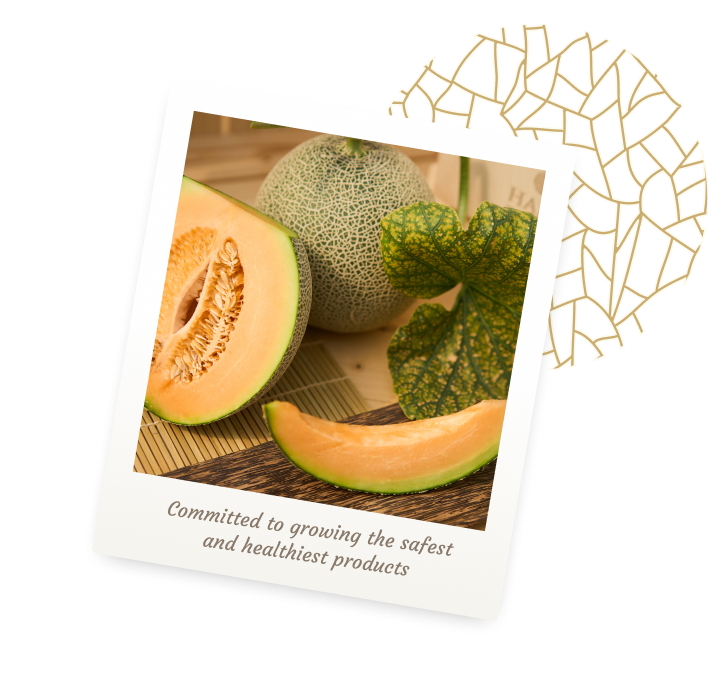
From Vision to Reality
Mr. Aw founded HAMI Ecofarms during the COVID-19 pandemic, inspired by food supply challenges and a commitment to premium fruit cultivation, including muskmelon and passion fruits.
With a background as an architect in the U.S. and experience in Malaysia's recycling industry, he brings a unique perspective to sustainable farming. Though initially unfamiliar with agriculture, his early experiences on his family’s farm equipped him with the practical skills to overcome challenges in crop cultivation.
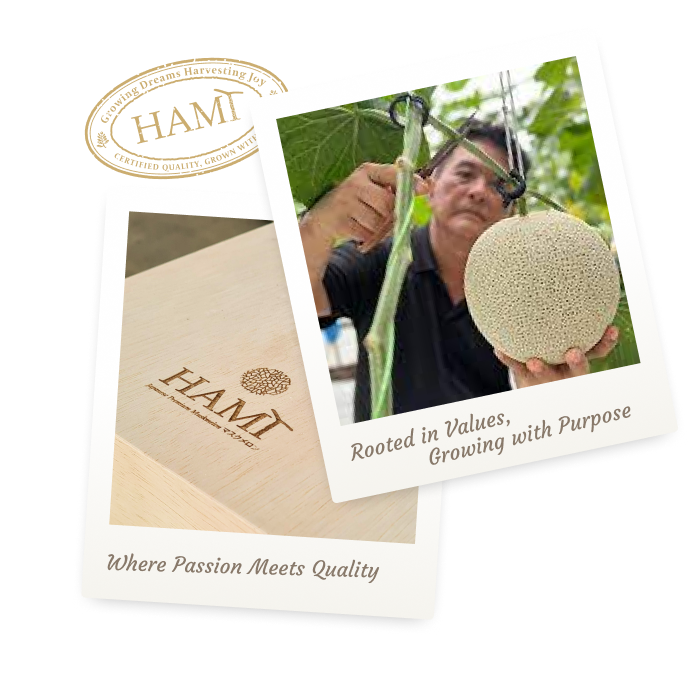
Mr. Aw's Journey: A Fusion of Architecture and Sustainable Farming
Aiming to make HAMI EcoFarms Malaysia’s top hub for organic, high-quality produce, Mr. Aw envisions the farm as both an eco-tourism destination and an educational center for sustainable practices. His choice of soil and compost over hydroponics reflects a dedication to organic methods, while the controlled greenhouse environment ensures optimal growth and quality, distinguishing the farm from competitors.
Core Values
Rooted in Values,
Growing with Purpose
Sustainability
HAMI EcoFarms prioritizes sustainable agriculture by emphasizing organic cultivation practices, utilizing soil and compost instead of hydroponics. This commitment not only supports environmental health but also ensures long-term sustainability.
Quality and Safety
The farm is dedicated to producing high-quality, organic fruits and vegetables that excel in taste and safety for consumer health. This dedication extends from cultivation to the final products available in the market.
Innovation and Excellence
Drawing from his architectural background, Mr. Aw implements innovative techniques in agriculture and strives for excellence in farm management and product delivery. This is reflected in the structured research and development that informs his cultivation methods.
Education and Community Engagement
HAMI EcoFarms envisions becoming an eco-tourism and educational hub, highlighting its core value of public education and community involvement. This initiative aims to promote awareness of sustainable farming practices and foster greater community engagement in agriculture.
Celebrating Progress:
Milestones in Our Journey
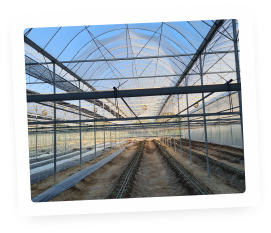
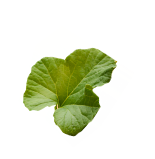
Controlled Cultivation
Environment
A greenhouse has been constructed to facilitate a controlled cultivation environment.
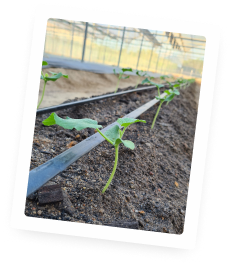

Innovative
Soil Mixture
Development of a self-created soil mixture and specialized cultivation techniques.
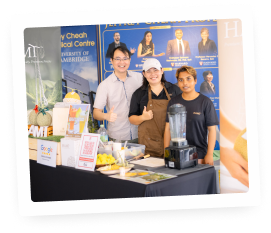

Event
Partnership
Served as an event partner for the Sunway University Convocation Event.
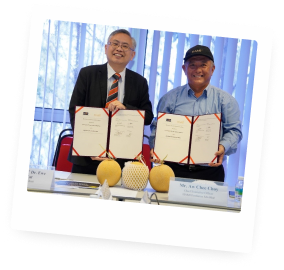

Academic
Collaborations
Partnered with UTAR to integrate theory with practice through an in-house farm at the university.
Our Eco Farms

Farm Layout &
Location
10,000 sqm
Greenhouse dedicated to melon
cultivation
8,500 sqm
Open-field passion fruit farm, designed
with plans for solar power generation.
Our Eco Farms

Farming Methods
At HAMI EcoFarms, we focus on sustainable farming by cultivating fruits in soil-compost beds, enhancing their natural sweetness without hydroponics or peat moss. Our organic practices exclude synthetic pesticides and fertilizers, using hand-pollination to maintain fruit quality. Every detail, from scheduling to labeling, is carefully managed by our experienced farmers, ensuring each plant receives meticulous care. This holistic approach allows us to consistently deliver premium, eco-friendly produce to our customers.
Our Eco Farms

Crops & Products
Cultivating a select variety of crops, each chosen for its unique qualities, the farm produces renowned muskmelons known for their juicy sweetness and fragrant aroma, enhanced by soil-compost planting methods. Passion fruits are celebrated for their vibrant tartness, high vitamin C content, and rich antioxidants that promote health. Additionally, butternut squash offers a smooth texture and robust flavor, ideal for various dishes. Each product reflects freshness and quality, rooted in sustainable cultivation practices, ensuring the best for consumers.
Our Eco Farms

Visitor Experience
Our commitment to organic and safe farming practices, along with a clean, organized environment, invites visitors to explore the farm and witness the care we dedicate to our crops. Guests can engage in various activities that create an unforgettable experience, including tours that introduce our cultivation methods and allow for fresh fruit tastings directly from the vine. Visitors also have the unique opportunity to harvest their own fruits, participate in fun activities like melon weight guessing, and enjoy hands-on planting sessions, all designed to foster a deep appreciation for our practices and produce.
Our Eco Farms

Farm Layout &
Location
10,000 sqm
Greenhouse dedicated to melon
cultivation
8,500 sqm
Open-field passion fruit farm, designed
with plans for solar power generation.
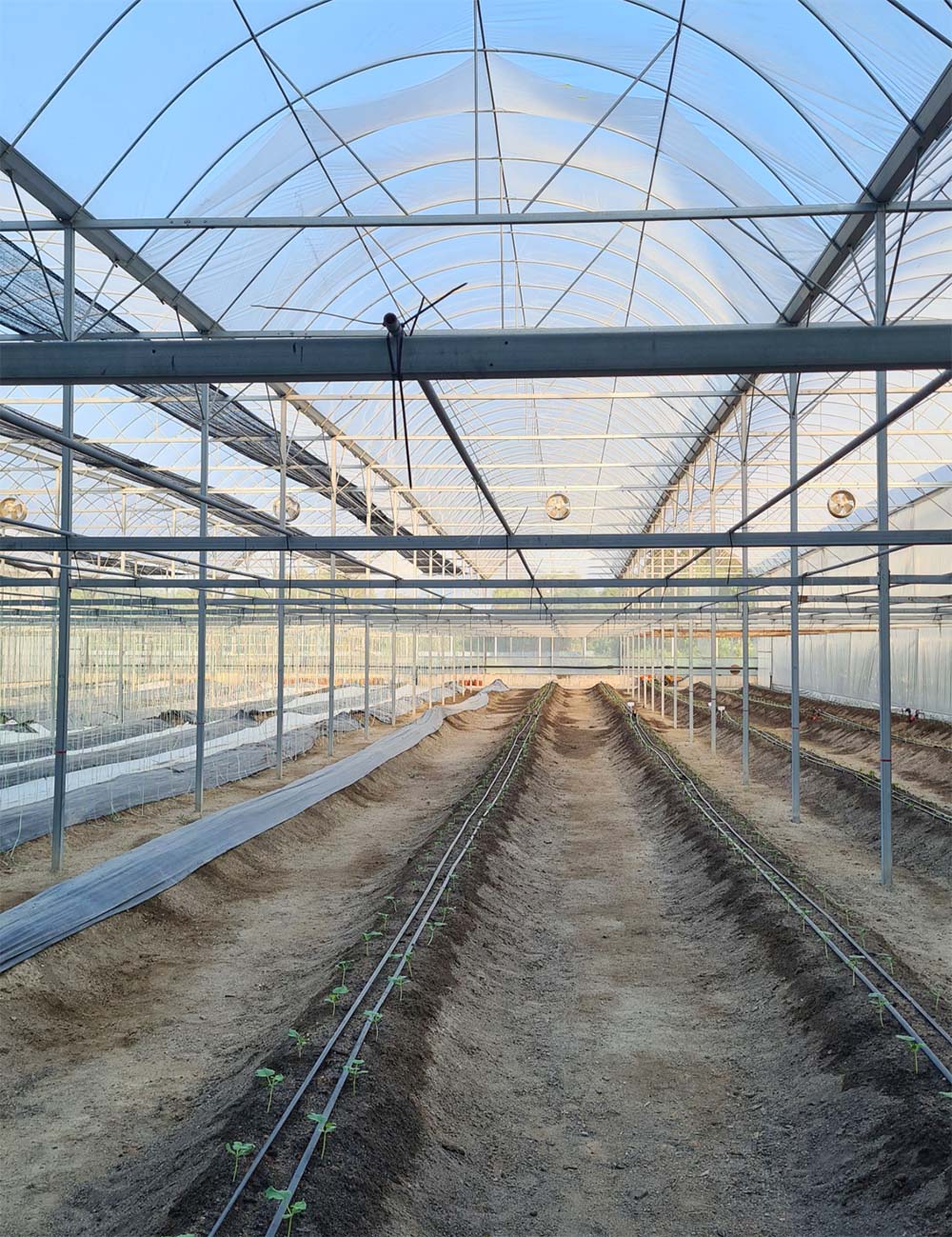
Our Eco Farms

Farming Methods
At HAMI EcoFarms, we focus on sustainable farming by cultivating fruits in soil-compost beds, enhancing their natural sweetness without hydroponics or peat moss. Our organic practices exclude synthetic pesticides and fertilizers, using hand-pollination to maintain fruit quality. Every detail, from scheduling to labeling, is carefully managed by our experienced farmers, ensuring each plant receives meticulous care. This holistic approach allows us to consistently deliver premium, eco-friendly produce to our customers.
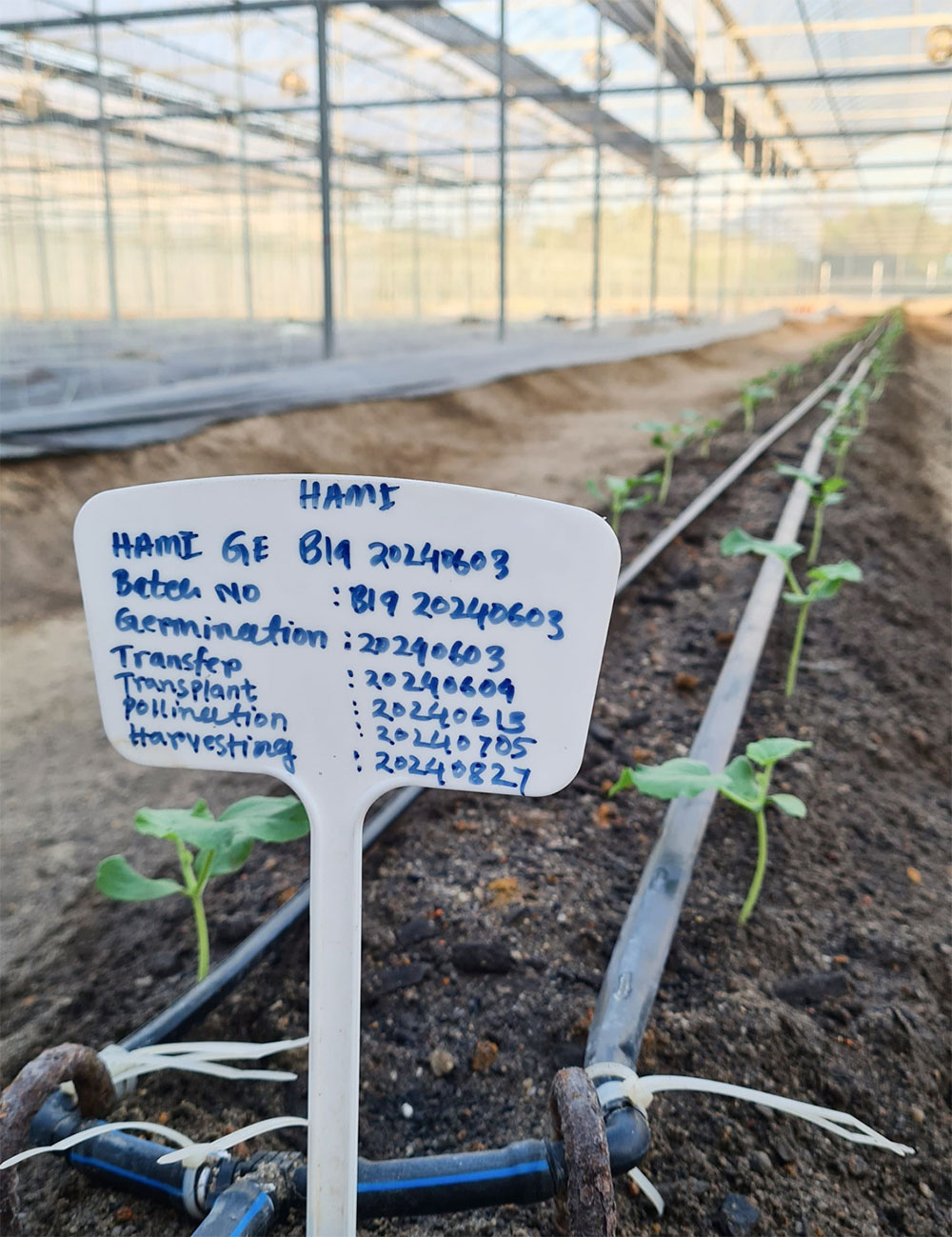
Our Eco Farms

Crops & Products
Cultivating a select variety of crops, each chosen for its unique qualities, the farm produces renowned muskmelons known for their juicy sweetness and fragrant aroma, enhanced by soil-compost planting methods. Passion fruits are celebrated for their vibrant tartness, high vitamin C content, and rich antioxidants that promote health. Additionally, butternut squash offers a smooth texture and robust flavor, ideal for various dishes. Each product reflects freshness and quality, rooted in sustainable cultivation practices, ensuring the best for consumers.
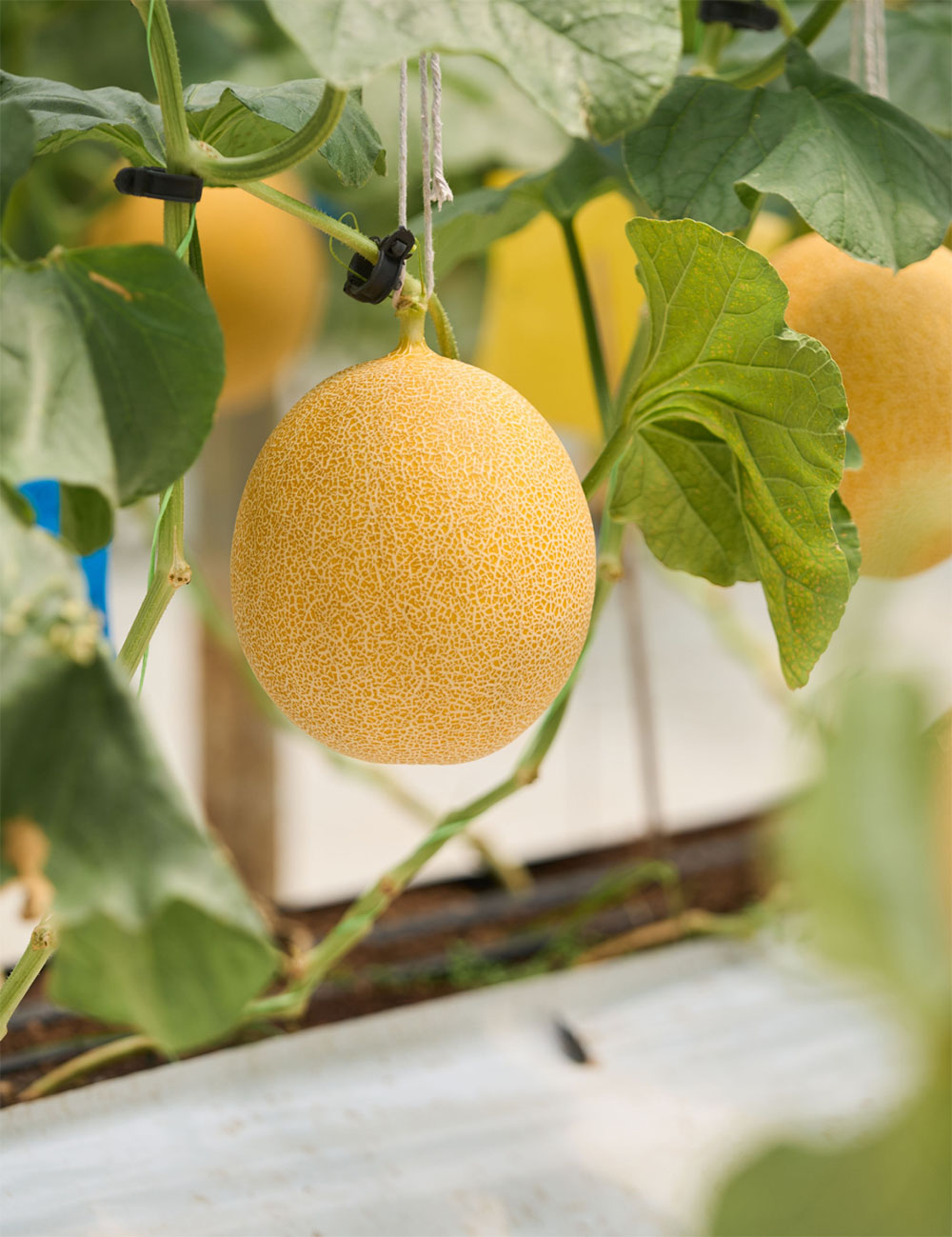
Our Eco Farms

Visitor Experience
Our commitment to organic and safe farming practices, along with a clean, organized environment, invites visitors to explore the farm and witness the care we dedicate to our crops. Guests can engage in various activities that create an unforgettable experience, including tours that introduce our cultivation methods and allow for fresh fruit tastings directly from the vine. Visitors also have the unique opportunity to harvest their own fruits, participate in fun activities like melon weight guessing, and enjoy hands-on planting sessions, all designed to foster a deep appreciation for our practices and produce.
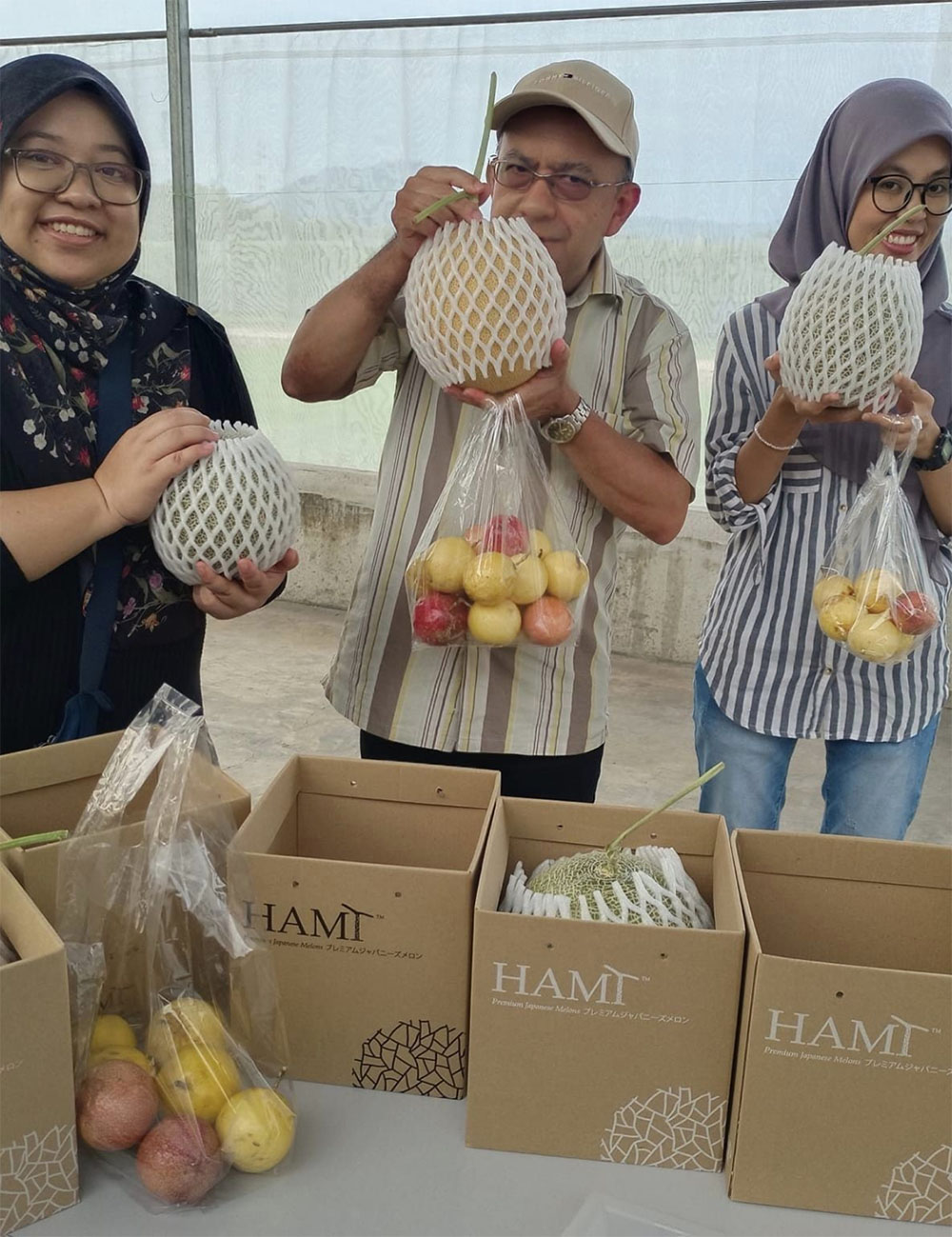
Sustainability Practices
Cultivating
Knowledge,
Building
Communities
The farm is dedicated to community engagement by educating visitors about organic and sustainable crop cultivation. A significant milestone was reached through collaboration with UTAR, where a greenhouse was built on campus to share cultivation techniques, while UTAR offers land and academic support. This partnership enhances practical applications and enriches the academic environment, fostering a mutually beneficial relationship that supports sustainable agriculture education.
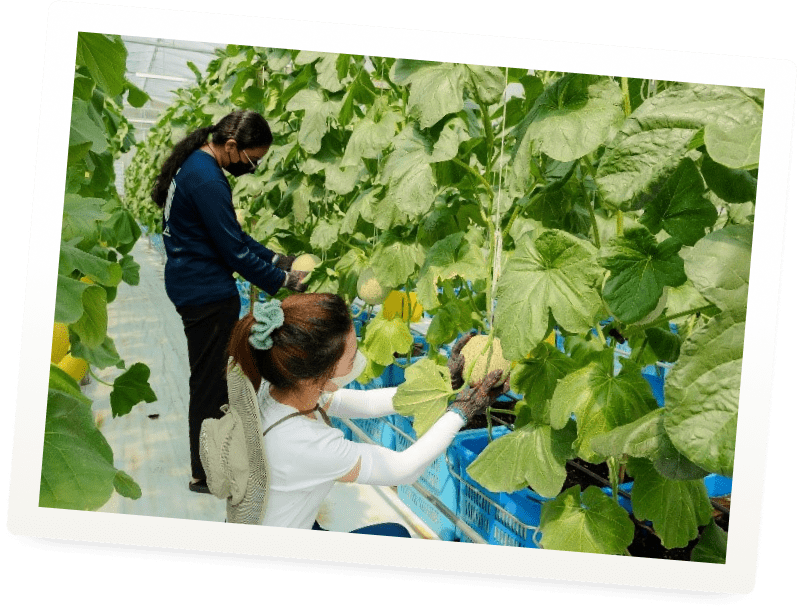
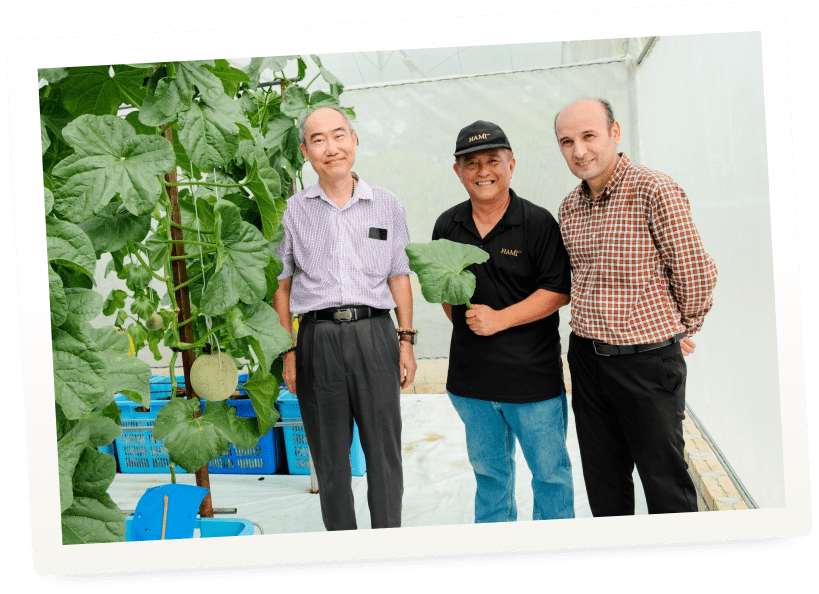
Our Commitment to
Long-Term Environmental Stewardship
Reduce Carbon Footprint
Focus on lowering greenhouse gas emissions by optimizing energy usage and increasing renewable energy sources like solar power.
Water Conservation and Management
Utilize advanced techniques such as rainwater harvesting and drip irrigation to maximize water efficiency and reduce reliance on external sources.
Zero-Waste Operations
Implement a waste management strategy targeting zero waste through recycling, composting, and innovative by-product uses to ensure all outputs are utilized.